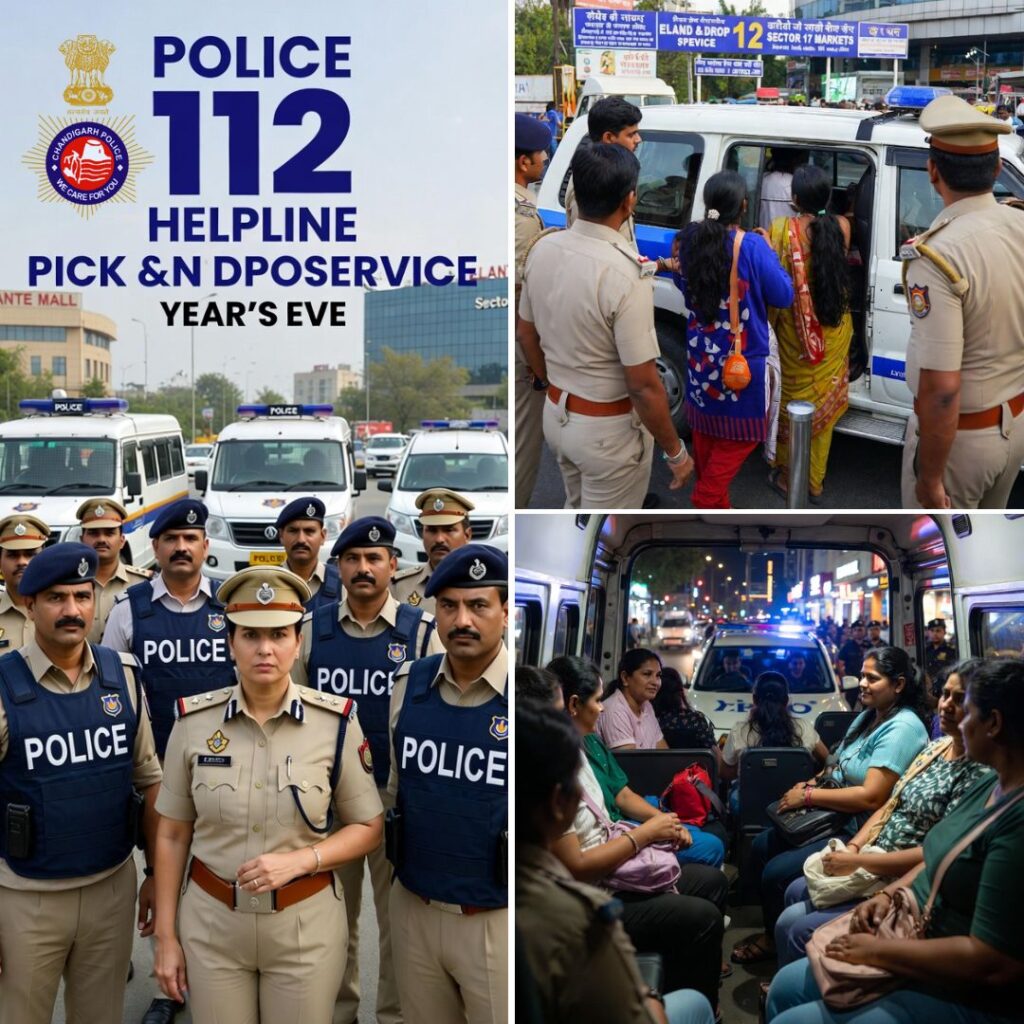As the country is still battling to curb COVID-19 cases, a new bacterial infection called Shigella infection (Shigellosis) has been reported spreading among people in Kerala’s Kozhikode which is believed to be contagious.
Fifteen more people have been identified with suspected Shigella symptoms after the district medical authority conducted an overdrive to detect infected people and prevent the bacterial disease spread. The district medical office held a camp in Kottaparamba and screened 110 people, including women and children, from disease-affected areas.
For now, the district health officials have directed people with symptoms to stay at home and consult a doctor if the condition worsens.
‘After an 11-year-old child, who reportedly died from the bacterial infection on December 11, five more children were found to be infected with the virus. All the infected children are either the deceased child’s family members or his neighbours,’ said Kozhikode district medical officer Dr V Jayashree.
As per sources, around 25 people, including 13 children with Shigella-like symptoms, have been admitted to various hospitals in the Kozhikode district. Residents of Kadalundi, Feroke, Peruvayal and Vazhoor areas were reported among the patients.
Though this bacterial infection is a global problem, it is more often seen in developing countries, especially in crowded locations such as schools, day-care centres, nursing homes or regions with poor sanitation.
What Is Shigella infection?
The name of the bacteria is Shigella, and the infection is known as shigellosis. The symptoms of this infection include diarrhoea, fever, stomach cramps which can last for seven days. The treatment is generally done through antibiotics, which can shorten the duration of the illness.
Shigella bacteria can be transferred from one person to another person through various means, even after the infected person is cured of diarrhoea. The main sources of infection are contaminated, food and water.
The person infected from the bacteria is generally confirmed through a stool test. However, this infection could be prevented by maintaining proper hygiene, such as by regularly washing hands.
The bacteria spreads not only through surfaces but also from eating food prepared by someone carrying the infection.
The food safety department officials apart from super chlorinating the wells in the disease-affected areas even collected food samples from restaurants and tea shops to check whether they are contaminated.
Also Read: Goa Startup Offers Biodegradable Paper Bags For Packing ‘Liquid Material’, Ensures Zero Leakage












